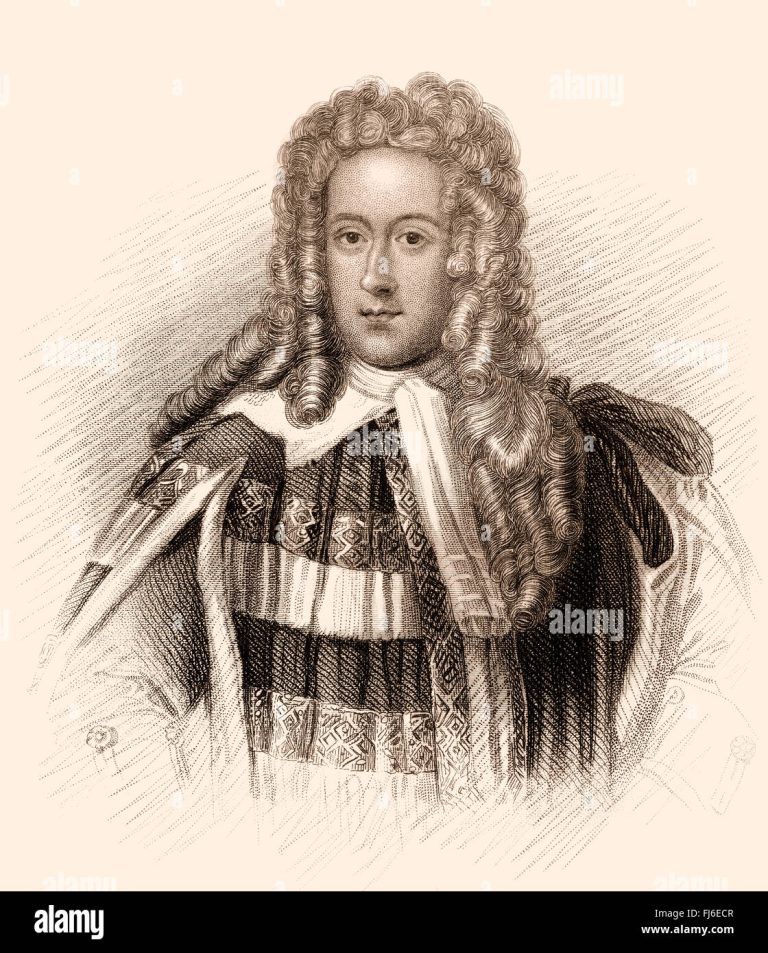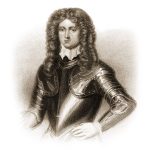Date of Birth: September 16, 1678
Zodiac Sign: Virgo
Date of Death: December 12, 1751
Biography
Henry St. John, 1st Viscount Bolingbroke, was an influential English politician, government official, and political philosopher who played a crucial role in the Tory administration of early 18th-century Britain. Born on September 16, 1678, St. John was educated at Eton College and later at Christ Church, Oxford, although he left without taking a degree. His political career began in earnest in 1701 when he was elected to Parliament for Wootton Bassett. Over time, he became a prominent figure in the Tory party, serving as Secretary at War and later as Secretary of State for the Northern Department under Queen Anne. St. John was known for his eloquence and strong advocacy for peace with France, which culminated in the Treaty of Utrecht in 1713. However, his political career faced turbulence after Queen Anne’s death in 1714 and the subsequent rise of the Whigs. Accused of treason and impeached, he fled to France, where he collaborated with the exiled Stuart court. Eventually, he received a pardon and returned to England in 1723, but his political influence never fully recovered. Despite his political setbacks, St. John left a lasting legacy through his writings, which influenced later political thinkers like Edmund Burke and Thomas Jefferson. He passed away on December 12, 1751.
5 Interesting Facts about Henry St. John
1. Henry St. John was elevated to the peerage as Viscount Bolingbroke in 1712.
2. He was a key architect of the Treaty of Utrecht, which ended the War of the Spanish Succession.
3. St. John was impeached for high treason in 1715 and fled to France to avoid arrest.
4. His philosophical works, including “The Idea of a Patriot King,” were influential in shaping modern political thought.
5. Despite his turbulent political career, he was pardoned in 1723 and allowed to return to England.
5 Most Interesting Quotes from Henry St. John
1. “The greatest art of a politician is to render vice serviceable to the cause of virtue.”
2. “Truth lies within a little and certain compass, but error is immense.”
3. “History is philosophy teaching by examples.”
4. “I have lived long enough to see the difference between a day and an age.”
5. “The only infallible criterion of wisdom to vulgar minds—success.”
Highest Net Worth Achieved
The highest net worth Henry St. John achieved is not well-documented, but as a Viscount and prominent politician, he would have been considered wealthy by 18th-century standards.
Children
Henry St. John had no legitimate children. However, he is said to have had several illegitimate offspring, although details about them are sparse and not well-documented.
Relevant Links
4. [The Treaty of Utrecht](https://www.britannica.com/event/Treaty-of-Utrecht


